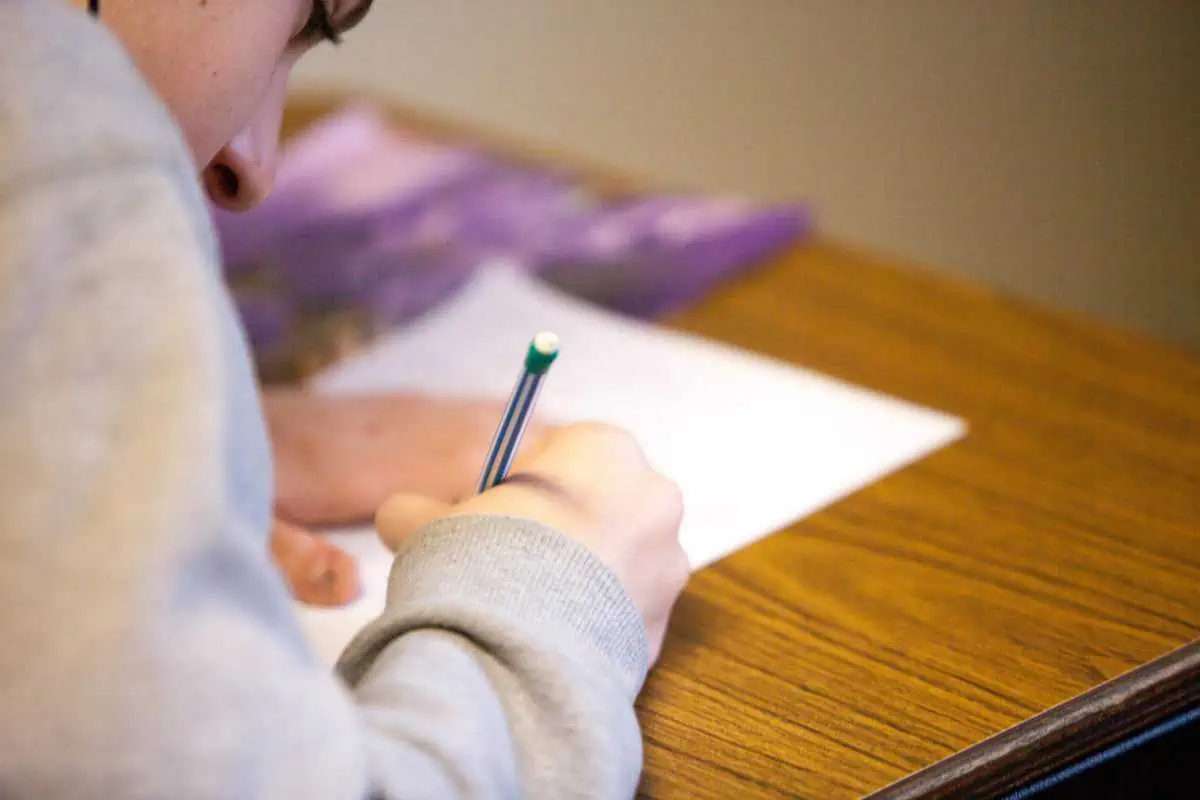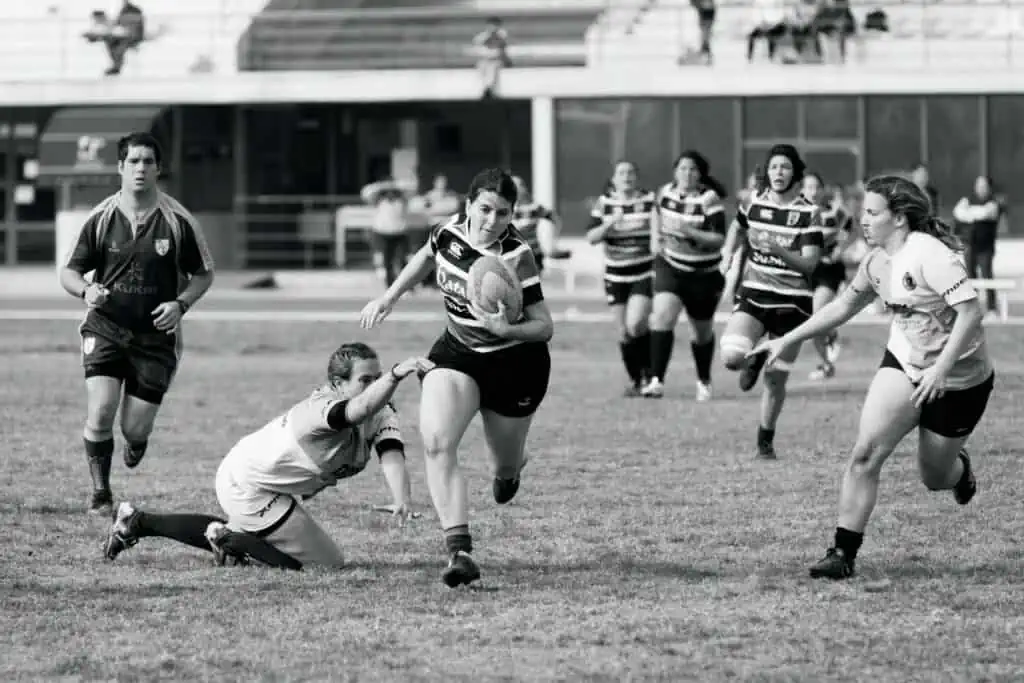You can practice infinitely but, if you don’t optimally execute when it counts, then you will not be able to show the full fruits of your labor. Small benefits can add up to significant advantages, so here are some the best performance tips for test day:
Basic Performance Tips for Test Day:
These are fairly obvious, but I would be remiss if I ignored them:
- Get a good night’s sleep at least the night before (but preferably for more than a few nights leading up to the test since “sleep debt” can take over a week to eliminate).
- Relax the night before. That doesn’t necessarily mean don’t study. It means: do what relaxes you. For me, that means studying. I will be more relaxed studying the night before because, in doing so, I know that I’m doing everything that I can to get a better score. But, if that doesn’t relax you, then don’t do that.
Eat a good breakfast (i.e. no Pop-Tarts or sugary things — those spike your blood sugar levels, but then your blood sugar levels will plunge while you’re taking the test and you’ll be less focused). You need sustained energy from a balanced breakfast that includes protein, complex carbohydrates, etc.
- Bring water and a snack. When I take the test, I am basically the only “student” who brings food. That’s a big mistake on the part of other test takers. Again, you need to recharge your energy levels. Here are some suggestions: What To Eat On Test Day.
- Bring a sweatshirt. Sometimes it’s summer and the air conditioning is blasting. Sometimes it’s winter and the heat is turned down. In any event, you can’t do much to cool yourself down if it’s hot, but at least you can bring a sweatshirt to keep yourself warm if it’s too cold.
- Review in advance. Many students don’t review on their own in the week leading up to the real test. The myth is that “you’ve studied for this test for months so there is nothing or not much you can do the week before.” Think if someone said to you: “You’ve studied AP U.S. History the whole year, so there’s nothing more you can do to prepare for the AP U.S. History exam.” We forget things, so we need to review and study to relearn and remember them. For instance, there are 160 Math topics on the ACT. In one week, a tutor cannot review all the content that they have taught you leading up to the exam, so you also need to review on your own.
Exercise
Though regular exercise does boost cognition, here I’m talking about just getting your blood pumping during the break. What do most 
Caffeine

Caffeine can boost mental focus, explicit memory recall, and morning test performance. Those benefits are fairly obvious for anyone who regularly has caffeine, but, what is not as obvious is a consideration of caffeine’s half-life and the impact of diminishing levels of caffeine throughout the duration of the test. If a student has coffee at 7:30am, caffeine concentration and effect will start to peak around 8am (about the time they arrive at the test center). By the time they have filed into their classroom, filled out the scantron information, heard all the test directions read to them, etc, it will be around 8:45am. Then they will have roughly 3 hours and 15 minutes of testing and finish around 12pm — roughly 4.5 hours after they last had caffeine. But, because the half-life of caffeine is about 5 hours, they will be finishing the test when they have about half the initial concentration of caffeine in their system.
That’s not ideal, especially since the longer the test goes on, the more fatigued they will naturally become while at the same time the effects of caffeine are waning. The solution? Re-up with a little caffeine during the first break. On the ACT, for instance, the break comes at around 10:30am. That’s roughly 3 hours after initial caffeine intake, so most people will have about 75% of the effect of caffeine by that time. So, to get back to peak performance, you would need to replace 25% of your initial intake. (If you drank 1 cup of coffee to start the day, you need 1/4 of a cup to fully recharge.) Then you’ll be back to peak performance (at least from a caffeine standpoint) and can finish the test strong.
Take the Real Test as Practice
For a longer explanation, see the blog post here on why doing this is pivotally important. But below is the condensed version.
Here is how students take tests during practice (hopefully they are at least taking tests for practice):
- They work on a problem and get an answer.
- They bubble in their answer.
- They move onto the next question.
Pretty straightforward, right?
But here is how many students take the test on the real test day:
- They work on a problem and get an answer.
- They double-check their answer for at least a few seconds (because they know that “this test counts”).
- They bubble in their answer.
- They move onto the next question.
That relatively short double-checking can derail their performance on test day because it can lead them to overthink things, get stuck on questions, run low on time and then rush at the end of sections, or run out of time and not finish sections (even when they finish the sections during practice).
The best remedy to this tendency (which I myself have to combat when I take the real test) is to remind yourself: I have practiced, I know 
And, what can help with this mindset? Knowing that you actually can and should be taking the real test as practice. On the SAT, they don’t force you to submit all of your scores. On the ACT, you can even choose to delete your past ACT scores. So, you can and should be taking the real test as practice — there is no better practice than the real thing.
Mindset
A lot of people feel overly defined by their test results. Are these test scores important? Yes. Do they test important content? Yes. Do they define you as a person? Absolutely not, and they don’t even come close to doing so. Don’t get nervous about an individual test day because 
Conclusion
In 2003, Dave Brailsford became the British Cycling performance director. He turned around over 100 years of mediocrity in the sport (one manufacturer refused to sell bikes to British cyclists out of fear that their consistently underwhelming performance would hurt sales), and, in just five years, turned British Cycling into an international powerhouse at the 2008 Olympic games. How did he do it? He executed his philosophy of “the aggregation of marginal gains” — if you improve everything by 1%, you will end up with a massive overall improvement.
The same applies in every aspect of life, including test performance. Nail the basics (sleep, food, hydration, and temperature), use your break wisely, and keep the right mindset. Study hard. You can and will succeed.



 Eat a good breakfast (i.e. no Pop-Tarts or sugary things — those spike your blood sugar levels, but then your blood sugar levels will plunge while you’re taking the test and you’ll be less focused). You need sustained energy from a balanced breakfast that includes protein, complex carbohydrates, etc.
Eat a good breakfast (i.e. no Pop-Tarts or sugary things — those spike your blood sugar levels, but then your blood sugar levels will plunge while you’re taking the test and you’ll be less focused). You need sustained energy from a balanced breakfast that includes protein, complex carbohydrates, etc.




